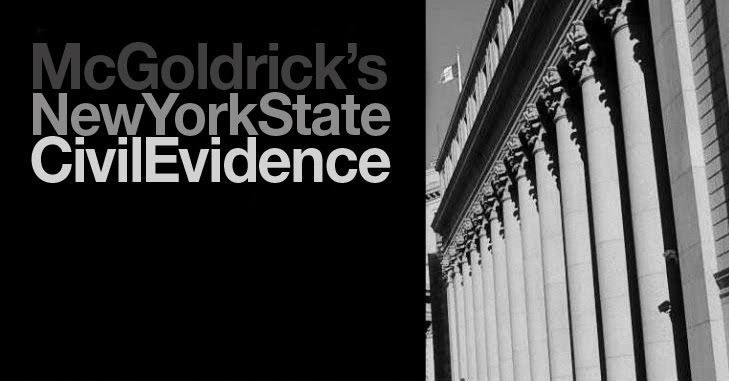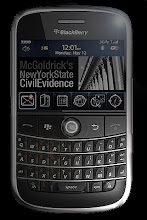The New York County Supreme Court had entered a directed verdict for the plaintiff at trial but precluding expert testimony of the future costs of rectifying a construction defect sought by the plaintiff.
The plaintiff had filed an Expert Disclosure under CPLR 3101(1) which disclosure identified that the expert witness would lead evidence not only with respect to the construction defects. but also with respect to the costs of rectifying those defects. The plaintiff argued on appeal that the New York County Supreme Court had erred in directing that it was precluded from leading testimony as to future costs.
The First Department determined that the right of appellate review of the exercise of that discretion was preserved:
Plaintiff's argument that the court abused its discretion by precluding their expert from testifying as to future costs is preserved (see CPLR 5501[a][3]; Kalisch-Jarcho, Inc. v City of New York, 58 NY2d 377, 382 [1983]). "Given the lengthy colloquy on the subject, the court obviously was aware of the nature of the objection and, more importantly, it recognized that the issue would be subject to appellate review"
CPLR 3101(1)
1. Experts. (i) Upon request, each party shall identify each person whom the party expects to call as an expert witness at trial and shall disclose in reasonable detail the subject matter on which each expert is expected to testify, the substance of the facts and opinions on which each expert is expected to testify, the qualifications of each expert witness and a summary of the grounds for each expert's opinion. However, where a party for good cause shown retains an expert an insufficient period of time before the commencement of trial to give appropriate notice thereof, the party shall not thereupon be precluded from introducing the expert's testimony at the trial solely on grounds of noncompliance with this paragraph. In that instance, upon motion of any party, made before or at trial, or on its own initiative, the court may make whatever order may be just. In an action for medical, dental or podiatric malpractice, a party, in responding to a request, may omit the names of medical, dental or podiatric experts but shall be required to disclose all other information concerning such experts otherwise required by this paragraph.
CPLR 5501(a)(3)
Scope of review. (a) Generally, from final judgment. An
appeal from a final judgment brings up for review:
3. any ruling to which the appellant objected or had no opportunity to object or which was a refusal or failure to act as requested by the appellant, and any charge to the jury, or failure or refusal to charge as requested by the appellant, to which he objected.
The First Department then examined and confirmed the standards for the review of the trial court's discretion in assessing the qualification of an expert witness and the circumstances in which that discretion is non reviewable:
"While the "qualification of an expert witness is within the court's sound discretion, and its determination will not be disturbed in the absence of serious mistake, an error of law or abuse of discretion" (People v Jones, 171 AD2d 609, 610 [1991], lv denied 77 NY2d 996 [1991]), this expert should not have been precluded from testifying as to future cost estimates (see generally Isaacs v Incentive Sys., 52 AD2d 550 [1976]). Licensed professionals acting as experts have been found qualified to give their opinions regarding future or estimated costs (see Matter of City of Troy v Town of Pittstown, 306 AD2d 718, 719 [2003], lv denied 1 NY3d 505 [2003]), and this witness's education, training and experience qualified him to testify as an expert in connection [*2]with estimating costs. The computer database utilized by plaintiff's expert to prepare prebid cost estimates was based on the same methodology employed in connection with the completed remediation work—specifications and bids of hundreds of prior projects on which the expert had worked. Furthermore, "any alleged lack of knowledge in a particular area of expertise goes to the weight and not the admissibility of the testimony," and could have been cured with a limiting instruction to the jury (see Moon Ok Kwon v Martin, 19 AD3d 664, 664 [2005])."

